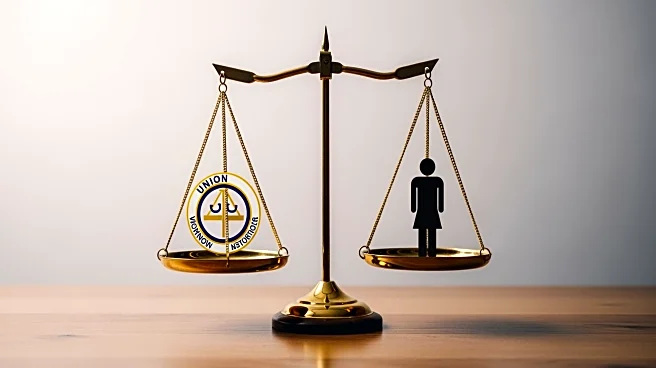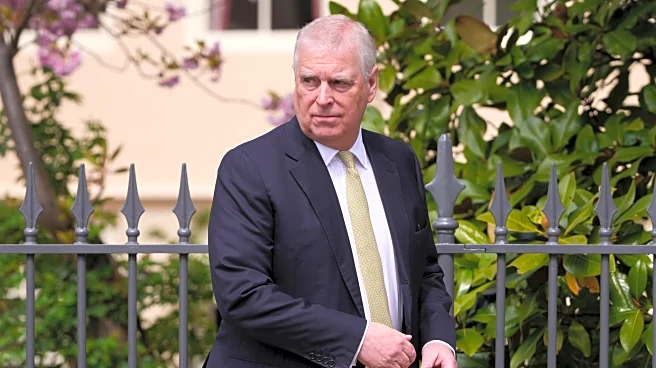What's Happening?
The National Labor Relations Board (NLRB) is an independent federal agency established in 1935 to enforce the National Labor Relations Act (NLRA). The NLRB's primary functions include investigating and
remedying unfair labor practices, enforcing the rights established by the NLRA, and conducting secret-ballot elections for union representation. The agency is governed by a five-member Board and a General Counsel, both appointed by the President and confirmed by the Senate. The NLRB is responsible for ensuring that employees can organize and participate in union activities without fear of retaliation from employers. It also oversees the resolution of labor disputes and ensures compliance with labor laws.
Why It's Important?
The NLRB plays a crucial role in maintaining fair labor practices in the United States, particularly in the private sector. By enforcing the NLRA, the NLRB helps protect employees' rights to organize and bargain collectively, which is essential for maintaining balanced power dynamics between employers and employees. This protection is vital for ensuring fair wages, safe working conditions, and the ability to address grievances. The NLRB's actions can significantly impact industries that rely on unionized labor, such as manufacturing, healthcare, and education, by influencing labor relations and setting precedents for labor practices.
What's Next?
The NLRB continues to address unfair labor practices and oversee union elections. As labor dynamics evolve, the NLRB may face new challenges in adapting to changes in the workforce, such as the rise of gig economy jobs and remote work. The agency's decisions and actions will likely continue to shape labor relations and influence public policy on labor rights. Stakeholders, including employers, unions, and employees, will need to stay informed about NLRB rulings and adapt their practices accordingly.
Beyond the Headlines
The NLRB's work extends beyond immediate labor disputes, influencing broader cultural and legal shifts in labor relations. Its decisions can set important legal precedents that affect how labor laws are interpreted and enforced. Additionally, the NLRB's role in promoting fair labor practices contributes to broader societal goals of equity and justice in the workplace.












